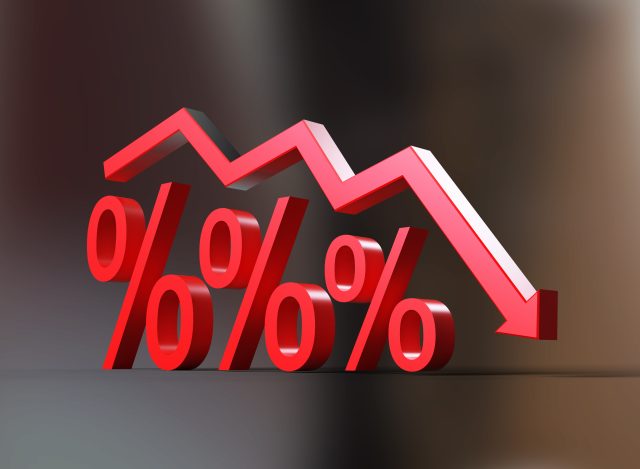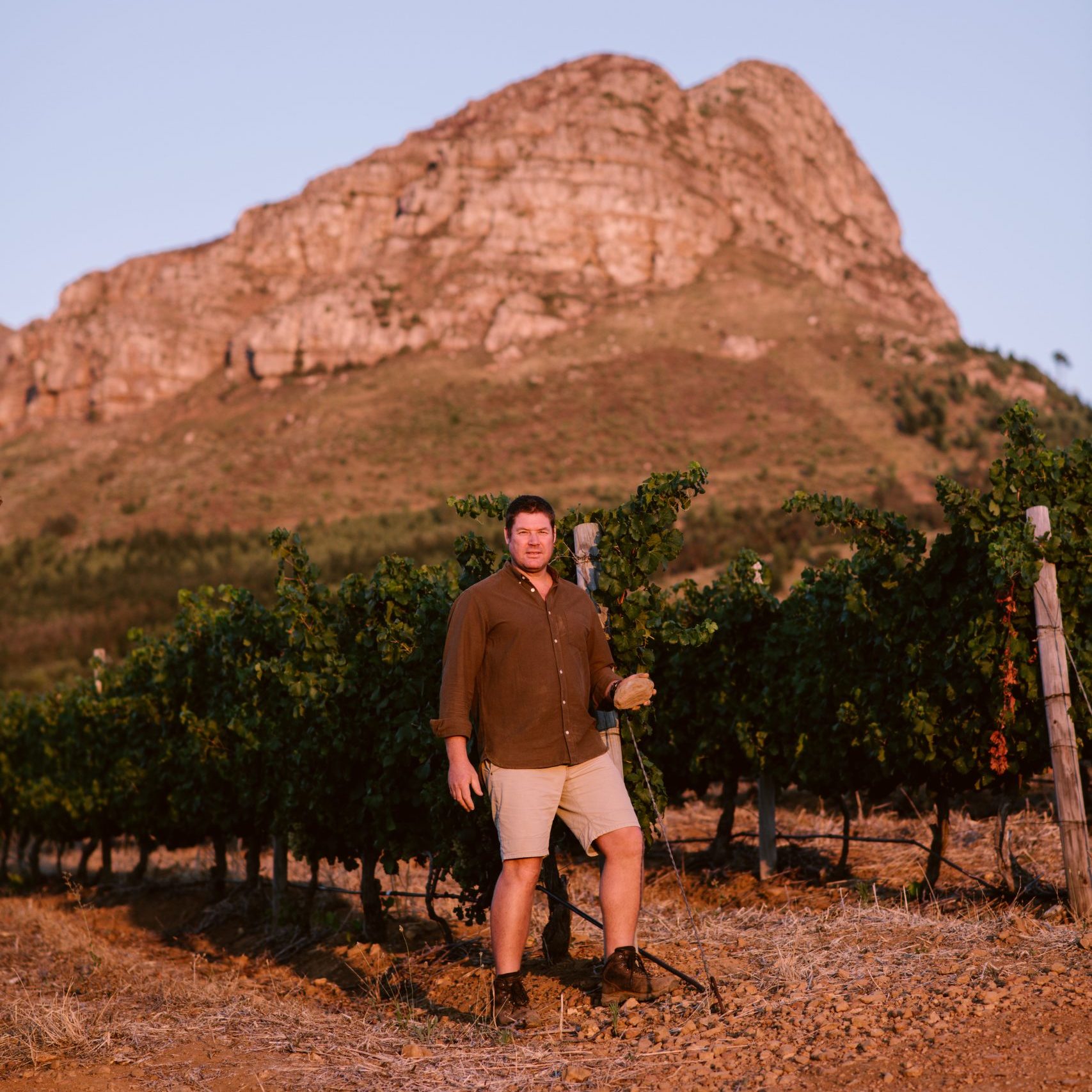Rémy Cointreau reports 22% sales drop
By Ron EmlerRémy Cointreau had warned that its six-month figures would be bad and they were, especially in the US, reports Ron Emler.

Following a large drop in sales, Rémy Cointreau sought to soothe investors by reiterating its belief in its business plan, sticking to its forecast for the full year, and hinting that it could be on the takeover trail for a Tequila brand.
Rémy Cointreau suffered a 22.2% fall in organic sales to €636.7 million compared with the same six months in 2022. Its current operating profit was down 43% on an organic basis to €169.1 million.
The cause of the sales slump was wholesaler destocking in the United States and a more muted recovery from the pandemic than predicted in China. Rémy also suffered a hit from currency fluctuations.
Like its competitors, Rémy Cointreau enjoyed a buoyant start to 2022 as US consumers in particular celebrated the end of the pandemic, so it was always facing difficult comparisons as consumption returned to more normal patterns.
With that in mind, the company pointed out that it had made solid progress compared with the final period before Coronavirus swept the globe. Organic sales were up by 20.1% compared with the first six months of 2019/20 and current organic operating profit was 16.1% ahead.
High levels of unsold stock
In October, Rémy Cointreau had warned investors that it had very high levels of unsold stock in the US, especially of Cognac. The Americas as a whole account for about 50% of its Cognac sales.
The unusually high stocks had been created as wholesalers and retailers hoped the boom might continue and used low interest rates to order in advance of the continued price rises they expected from Rémy Cointreau as it pursued its policy of premiumisation.
But as inflation rose and fears of a recession increased, consumers rolled back their purchases and orders from the trade slumped.
The same weakness of consumer confidence has hit Diageo in Latin America, causing it to issue a profits warning last month.
Chief executive Eric Vallat told journalists that Rémy Cointreau has five months’ worth of stock in the United States, and while demand was improving, it was unclear when depletions to retailers would recover.
He said, however, that the group hopes to end its financial year with a “sound” level of stock in the US.
“The goal is to end the year with sound stocks,” he said, adding this would mean around three or four months’ worth.
Following the consumer unease about inflation, some rivals are heavily discounting their lower-end products in the US, but Vallat said Rémy Cointreau had no plans to cut the prices of its cheaper Cognacs, although some promotions were planned.
Partner Content
In China, Vallat said sales were picking up “very fast”. But he added that he expected sharp destocking in the third quarter, before a recovery in the fourth. In China, where Rémy Cointreau heads the market for Cognac, however, sales were picking up “very fast”, Vallat said.
Rémy reiterated its full-year forecast, saying the US would not see growth in sales before the next financial year, while Europe, Middle East and Africa and China would deliver only moderate sales.
The group insisted that it was ahead of its strategic plan, with “operations underpinned by solid foundations and a long-term plan”.
This would allow it to return American cognac inventories to healthy levels “before heading into 2024-25 in the best possible conditions”.
Despite much evidence that the ability to premiumise high end alcohol is slowing following a year of extensive rises from the global producers, Rémy insists the tactic is at the core of its business plan.
But in the face of its current challenges, it launched a programme of cost cuts in October which has already achieved €25 million of the targeted € 100 million savings.
Rémy Cointreau’s first half figures revealed its heavy reliance on Cognac.
In the first six months of 2022/23 its sales reached almost €300 million and comprised 47% of its revenues. In the latest six months a 47.2% organic collapse in Cognac sales meant the category generated a little more than a third of the group’s income.
Intriguingly Vallat suggested in an interview that in the longer-term owning a tequila brand would be beneficial and would reduce the reliance on Cognac.
However, he said that in the shorter term the focus was on bringing stock levels back to a more normal trading pattern and creating extra organic growth.
The strength of its current balance sheet suggests it could easily make an acquisition of more than $1 billion but would need to seek additional resources for anything larger, chief financial officer Luca Marotta said..
Along with Scotch whisky, Tequila has been at the forefront of premiumisation in the US and is the “must have” in an international portfolio so possible vendors might view a US$1 billion price tag as low in a competitive market.
Diageo paid €1 billion for Casamigos in June 2017, when it was relatively unknown. It now sells more than 3 million cases a year.
Related news
Buffalo Trace Distillery grapples with historic flooding




